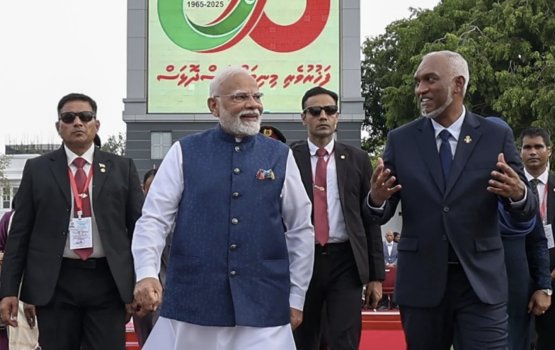In the wake of Operation Sindoor, the Indian Army has initiated a five-day field trial of advanced drone technologies and counter-drone systems at the Babina Field Firing Ranges in Uttar Pradesh. The trials are aimed at expanding the Army’s drone capabilities and improving preparedness against aerial threats.
The testing includes a wide range of technologies such as drone countermeasure systems, spoofing and jamming equipment, drones equipped to deploy small munitions on specific targets, and loitering munitions capable of hovering and striking designated objectives.
Army Chief General Upendra Dwivedi visited the site to observe the demonstrations of these indigenous systems. “These capabilities will significantly enhance operational efficiency, force protection, and precision engagement across varied terrains,” the Army stated in an official release.
While the induction of such technologies has been part of the Army’s modernization efforts, their significance has increased substantially following Operation Sindoor. During the night of May 8–9, the Pakistan military violated Indian airspace in multiple locations along the International Border and the Line of Control. Over 300 to 400 drones were detected attempting intrusions from Leh in the north to Sir Creek in Gujarat.
The Indian Armed Forces successfully intercepted and neutralized most of these drones using both kinetic and non-kinetic means.
In a statement following the incident, the Army asserted that Pakistan’s actions were "effectively repulsed and a befitting response was delivered."
The current trials underscore the Indian Army’s focus on enhancing aerial surveillance, precision targeting, and counter-drone warfare in response to emerging threats. (Source: The Tribune)







